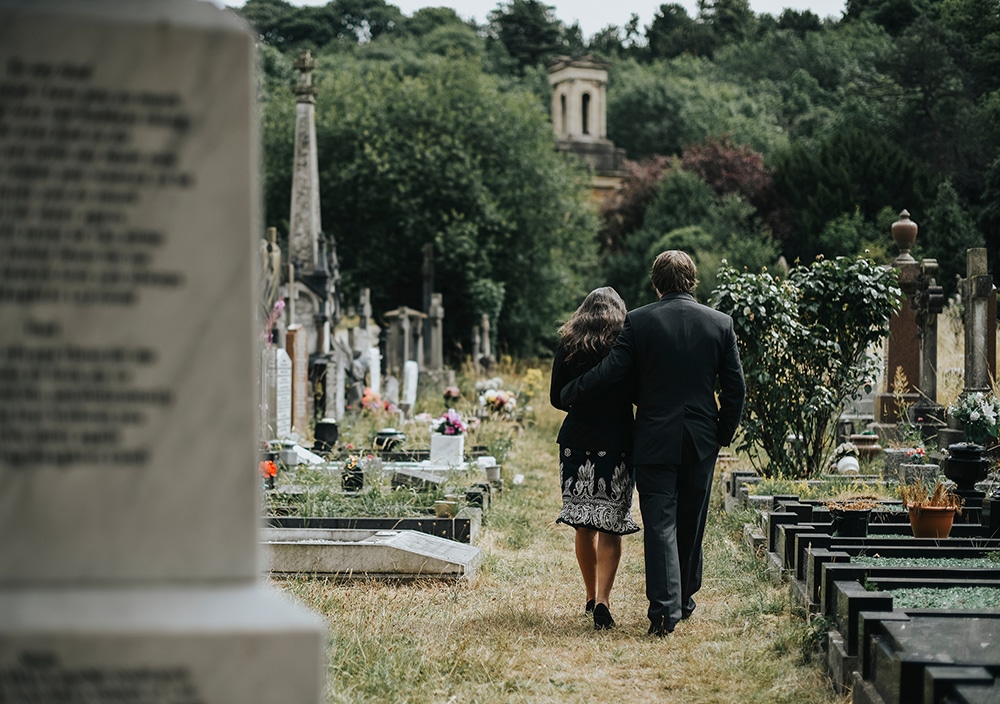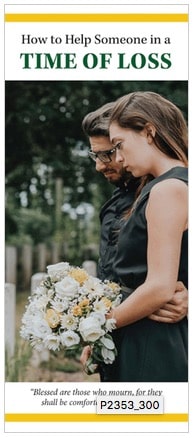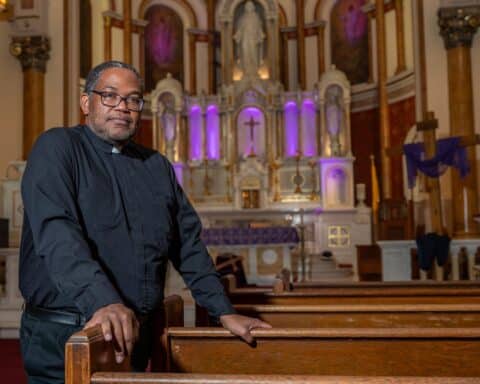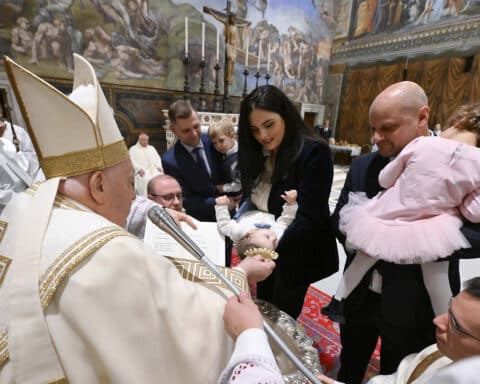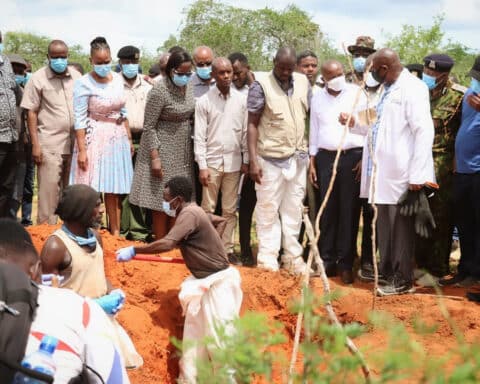My oldest son, Anthony, died by suicide on March 8, 2017. In a matter of hours, my entire life blew up, a life I no longer recognized. I had no idea that the next two years would be spent rebuilding my life from the ground up. I had no idea how to do that.
From the beginning of realizing that Anthony was dead, I stopped myself from falling apart. I instinctively knew that there was nothing I could do for Anthony except stay alert and take care of my other kids and his kids.
I had just helped plan two funerals for my Tio and Tia (Uncle and Aunt) in the preceding 10 months. I knew the drill: Call a priest; call 911; have the person declared dead; and while the body is removed, call everyone to let them know. So that is what I did. The first call I made after calling 911 was to our pastor. He arrived behind the ambulance.
Grief and motherhood
I’ve learned more about motherhood in the 19 months since Anthony’s suicide than I did in the 22 years before it.
The first year of grief was the most difficult. I was angry for most of it. I hated hearing people say anything — whether it was a cliché, a Bible verse or just a plain, “Look to Mary.” I was not angry with anyone in particular — except God. I was angry that he would allow this. Up until Anthony’s suicide, I had never had anything happen in my life that made me question whether or not there was a God. I had never been in a place as dark as that first year after Anthony’s funeral.
The Four Last Things
A few years before Anthony’s death, I had decided to go back to school and pursue a degree in philosophy. After Anthony’s suicide, I wanted to drop out and give up. To be honest, I wanted to quit everything and just be a hermit who sat at home wrapped in a blanket eating ice cream and donuts.
But I still had my other kids to think about, so, at the very least, I had to pretend to be functioning. That meant going back to my classes. In my metaphysics class, we read about Aquinas’ thoughts on death, separation of the body and the soul and the resurrection of the body at the Second Coming.
It led me down a rabbit hole into reading books on the Four Last Things, which is Catholic theology on death, judgment, heaven and hell. I could not find this teaching and theology in any secular book on grief. It answered questions that I had on why Catholics pray for the dead and what role the living have after a loved one dies. I realized that even though Anthony died, I was still his mother and he was still my child.
Role of motherhood
Before the new information on the Four Last Things, my idea of motherhood was that my kids were billboards that represented me in the world. Anything they did, any mistakes they made, and certainly if they killed themselves, was all on me. I was responsible for all of it.
Understanding the Church’s teachings on judgment, death, heaven and hell, I learned that I am responsible for teaching my children that God loves them, to love them as they are — just as God loves me as I am — and it is their choice whether or not to accept the gift of salvation. They are whole human beings who will make mistakes. That is a part of life; it is what lands us all in the confession line. This information helped me to detach myself from the idea that my children’s choices validated my worth as a human being.
Healing through the sacraments
At some point I had a choice to make. I could stay angry or I could heal. I could not do both. In anger, I stopped going to Mass and confession. I then fell deeper into the pit of despair. The only place I knew to go was my parish. I sat before a mural of St. Rafael with a verse from Tobit that says, “Take courage! God’s healing is near” (Tb 5:10). I begged God to heal me. I knew that I could not heal myself and that I needed healing in order to care for my family.
In my conversion I learned that confession was a healing sacrament. The entire point of it is to tell God all the ways you have failed to love him, yourself and your neighbor. It is not about God wanting to hear all your dark secrets or to shame you for making mistakes, it is all about God healing us.
With that information, I went to confession as much as possible. I confessed everything: my anger at God; my anger at Anthony; my anger at suicide; my anger at the people who failed to help Anthony; and mostly, anger at myself. I confessed every single sin I could think of, and the more I went to confession, the more I felt free. Then I started going back to Mass.
The day that Anthony died, he had sat in my room and told me that he promised to go with me to Mass every Sunday from then on. I have no idea what was going on in his mind — if he had already planned on taking his own life or if he really planned to go to Mass. But I know that there is a chance that he is in heaven and is with me whenever I go to Mass.
At first, I simply went to Mass with hope that Anthony was there. The more I went to Mass, the closer I felt to God and the more peace I felt. I was less angry. I felt less need to prove myself, to be right in arguments.
I started to recognize myself in the mirror. I saw the woman who became Catholic in 2010 because she fell head over heels in love with Jesus. It was not the same, though. That woman fell in love with Jesus and the idea of happily ever after. Now the woman looking back at me in the mirror loves Jesus even when that means walking down a path I did not choose — burying my child after his suicide. In that, I know Jesus is standing with me and holding me up.
I was married in the chapel at my parish. We have two churches — the big one and the tiny white chapel that is a replica of the original church. My wedding day was the happiest day of my life. Anthony and my Tio Roy (my Uncle Roy) walked me down the aisle. Since Anthony’s suicide, I sit in the chapel, think about my wedding day and all the hope ahead of me and my family. I cry for the losses we have endured.
One day I walked up to that tabernacle and put my hand on it. I wondered if I was nuts thinking that the Eucharist really is the body of Christ. All that doubt left me when I touched the tabernacle. What I felt is not really describable, other than to say, my heart burned in recognizing him, just as the disciples had on the road to Emmaus. Time and time again, it is the Eucharist that has healed me little by little. The loving gift of Jesus’ body nourishes me to live this life of suffering, grief, joy and absolute mission of being a mother and grandmother. How lucky am I?
The sacraments are each different ways of encountering God, and in this life of mourning, every encounter with Jesus gives me hope to keep going. Each of them heals and fills me with the courage to put one foot in front of the other, living breath by breath, prayer by prayer.
Leticia Adams writes from Texas.
| How to Help Someone in a Time of Loss |
|---|
|
|

